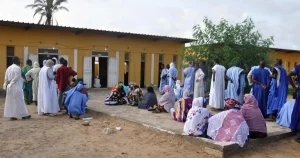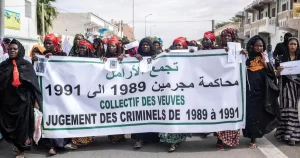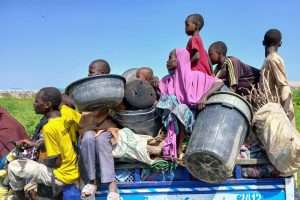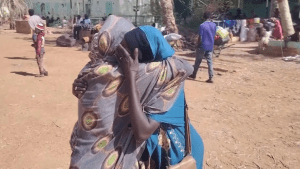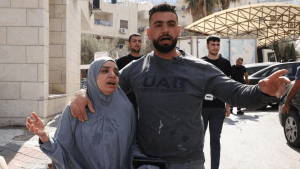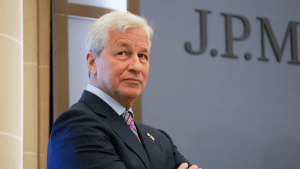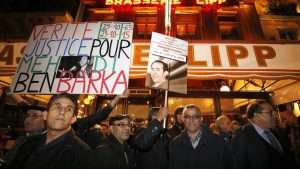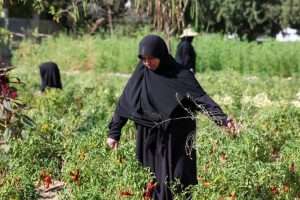US watchdog slams Morocco state for journalists’ smear
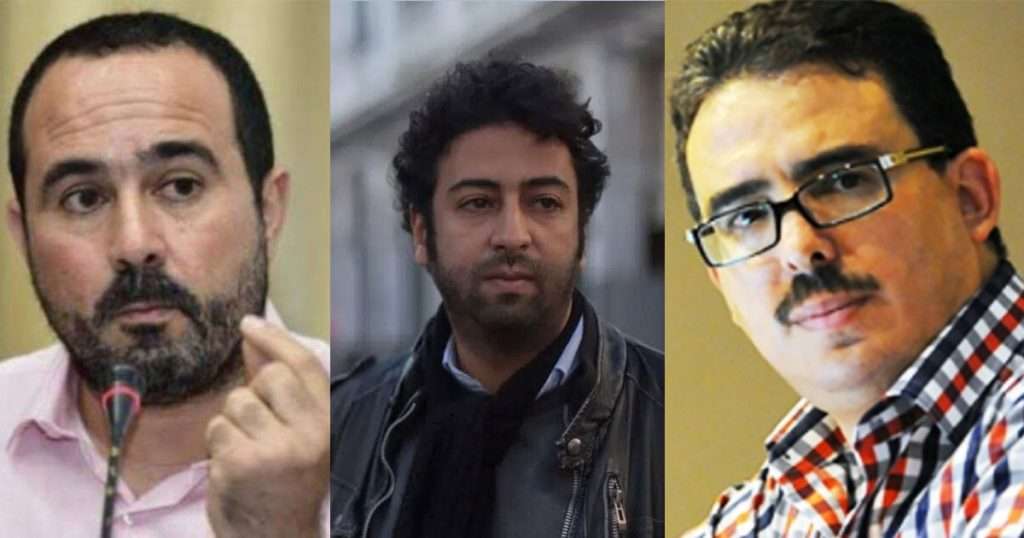
Morocco’s projected image of itself as being a modern, progressive democracy in the Arab world took a battering recently when a US-based international journalism watchdog accused Rabat of carrying out a smear campaign against three journalists it recently released from prison.
The Campaign To Protect Journalists (CPJ) on October 21st slammed the Moroccan government for both conducting a smear campaign against Taoufik Bouachrine, Soulaiman Raissouni, and Omar Radi as well as ensuring that they can no longer work as journalists.
According to the article, written by staff based in North Africa, the three have “been shamed in the media, stalked, and harassed since their release as they face the enduring stigma of their sex crimes convictions, which are widely believed to be in retaliation for their work”.
It also pulls no punches on explaining why a smear campaign has been allowed to continue against them and the basis of the trumped up sex charges.
“Bouachrine, Raissouni, and Radi became global icons of the fight for press freedom in Morocco after they were arrested in separate cases between 2018 and 2020 and sentenced to 15, five, and six years respectively on sexual assault and other charges” it claims. “Media freedom advocates and local journalists told CPJ that the “morals” charges were intended to dampen public support for the three journalists, known for their critical reporting on the government”.
It’s unclear how the article will impact civil society in Morocco given that local press is entirely under the control of the state through a system of self censorship and government funding, but such an accusation will likely impact foreign investment – which Morocco desperately needs to resolve spiraling youth unemployment which is blamed directly on government incompetence.
READ: Omar Radi: Martyred in Morocco’s culling of the free press
Although the three journalists are technically free, they are effectively living under circumstances similar to ‘house arrest’ given that their legal status is conveniently left unclear.
According to the CPJ, Bouachrine, Radi, and Raissouni don’t know if their sentences were commuted, or if they were fully exonerated, an important nuance as legally the ambiguity prevents them from working through a draconian press accreditation system which is designed to serve the state’s purposes in stifling independent journalism, even for foreign journalists.
“In Morocco, in order for journalists to receive a press accreditation to legally work, they need not to have a criminal record. So, at the moment I cannot work in journalism until I figure out my unclear legal status,” Radi told the journalism watchdog.
The same press accreditation process has resulted in Morocco’s foreign correspondents leaving the country in droves – with only around 80 accredited now from 155 in 2011 when a crackdown started – which only encourages negative press coverage from Europe and the US from journalists there who have to rely on activists’ posts on line to colour their articles.
In the case of the three journalists, who represented the last, faintest trace of independent journalism in Morocco holding the state to account for its actions and corruption, Rabat also appears to be falling on its own sword in the lengths it needs to go to protect its own image, seemingly unaware how such a depraved strategy looks desperate in the public eye.
Remarkably, the smear campaign against the three continues and even extends to members of the families of the three, which could explain Omar Radi’s father’s strange behaviour subsequent to being interviewed by Maghrebi about his son’s poor treatment whilst in prison.
Aida Alami, a Moroccan journalist and a visiting professor at Columbia University School of Journalism, said the negative coverage fits a pattern. “Such attacks are common in Morocco and are meant to never lift the pressure off released journalists, even after they are freed,” she explains.
She pointed to the case of journalist Hajar Raissouni. Raissouni’s niece was smeared in pro-government news site Barlamane.com after she received a royal pardon for a 2019 conviction of having sex outside of marriage and seeking an illegal abortion.
Perhaps unsurprisingly, the CPJ’s request for a comment from the government was not fruitful.
CPJ/Maghrebi
Want to chase the pulse of North Africa?
Subscribe to receive our FREE weekly PDF magazine





